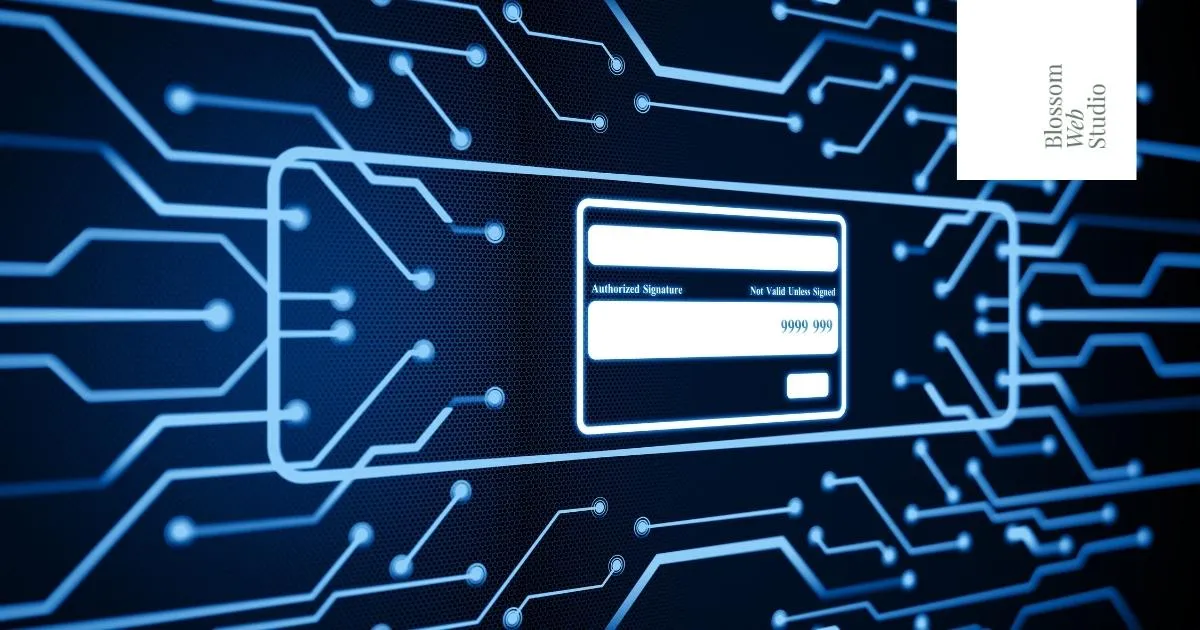
Protecting Your Customers: The Importance of Strong Payment Gateways
In the digital age, e-commerce has become a cornerstone of modern retail, transforming how we shop, sell, and interact with businesses.

As online transactions become increasingly common, ensuring the security of these transactions is paramount. Among the various facets of e-commerce security, payment gateways play a pivotal role. These gateways not only facilitate the smooth processing of payments but also safeguard sensitive financial information, thereby protecting both consumers and businesses from a multitude of security threats.
Understanding Payment Gateways
A payment gateway is a technological solution that authorizes and processes payments in an e-commerce environment. It acts as an intermediary between a merchant’s website and the financial institutions involved in the transaction. When a customer makes a purchase online, the payment gateway encrypts the payment details and transmits them securely to the payment processor, which then communicates with the relevant banks or financial institutions to authorize and complete the transaction.
Payment gateways are essential for the functionality of online stores. They ensure that payment information is transferred securely from the customer to the merchant, facilitating the transaction while protecting sensitive data from potential cyber threats.
The Importance of Payment Gateways in E-Commerce Security
Encryption and Data Security
One of the primary responsibilities of payment gateways is to encrypt data during transmission. When customers enter their payment information, such as credit card numbers or banking details, the payment gateway uses encryption protocols like Secure Sockets Layer (SSL) or Transport Layer Security (TLS) to protect this data. Encryption transforms the data into a code that is unreadable to anyone who intercepts it. This process ensures that even if a malicious actor attempts to intercept the data, they will be unable to decipher it.
Fraud Detection and Prevention
Payment gateways employ sophisticated fraud detection and prevention mechanisms to protect against unauthorized transactions. These systems analyze transaction patterns and customer behaviors to identify anomalies that may indicate fraudulent activity. Features such as Address Verification System (AVS) and Card Verification Value (CVV) checks add an extra layer of security by verifying that the customer’s details match those on file with the issuing bank. Additionally, many payment gateways offer advanced fraud detection tools, such as machine learning algorithms, that can adapt to new threats and evolving fraud tactics.
Regulatory Compliance
Payment gateways help merchants comply with various regulatory standards that govern payment security. One of the most critical standards is the Payment Card Industry Data Security Standard (PCI DSS). This set of guidelines is designed to protect cardholder data and ensure that payment systems are secure. Payment gateways often handle much of the compliance burden by implementing the necessary security measures and protocols required by PCI DSS. By leveraging a compliant payment gateway, merchants can reduce their risk of data breaches and avoid potential penalties associated with non-compliance.
Secure Authentication
To further enhance security, payment gateways often incorporate multi-factor authentication (MFA) mechanisms. MFA requires users to provide multiple forms of verification before completing a transaction. This might include something the user knows (a password), something the user has (a mobile device or token), or something the user is (biometric data). MFA significantly reduces the likelihood of unauthorized access, making it much harder for cybercriminals to compromise payment systems.
Tokenization
Tokenization is another security measure used by payment gateways to protect sensitive data. Instead of storing actual credit card numbers, payment gateways replace these numbers with unique tokens. These tokens are meaningless outside the context of the specific transaction and cannot be reverse-engineered to reveal the original card details. This approach minimizes the risk of data breaches, as even if tokens are intercepted, they cannot be used to gain access to the actual payment information.
Secure Transactions and Fraud Prevention Tools
Beyond basic encryption, modern payment gateways come equipped with a range of fraud prevention tools designed to safeguard online transactions. For instance, velocity checks monitor transaction frequencies and flag unusual patterns that might indicate fraudulent behavior. Behavioral analysis tools assess user behavior to detect deviations from normal patterns. Additionally, device fingerprinting technology identifies the devices used in transactions, helping to detect and prevent fraud linked to specific devices.
Regular Security Updates and Monitoring
Payment gateways are continually updated to address emerging threats and vulnerabilities. Regular security patches and updates are essential to protect against new attack vectors and vulnerabilities. Furthermore, many payment gateways offer 24/7 monitoring services to detect and respond to suspicious activities in real-time. This proactive approach ensures that potential threats are identified and mitigated promptly, reducing the risk of a successful attack.
The Future of Payment Gateway Security
As e-commerce continues to evolve, so too will the technologies and strategies used to protect online transactions. Payment gateways will likely integrate more advanced security features, such as biometric authentication and artificial intelligence-driven fraud detection, to stay ahead of cyber threats. Additionally, the rise of blockchain technology and decentralized finance (DeFi) may introduce new paradigms for securing online payments, offering enhanced transparency and security.
Businesses must remain vigilant and continuously assess their payment security strategies to adapt to the changing landscape of e-commerce threats. Partnering with a reputable payment gateway provider and staying informed about the latest security trends and technologies will be crucial for maintaining the safety and integrity of online transactions.
Conclusion
In the realm of e-commerce, payment gateways are not merely tools for processing payments but critical components in the security infrastructure that protects sensitive financial information. Through encryption, fraud detection, regulatory compliance, secure authentication, tokenization, and ongoing security updates, payment gateways play a vital role in ensuring safe and reliable online transactions. As the digital economy grows, the importance of robust payment security mechanisms will only increase, making it essential for businesses to invest in reliable payment gateway solutions to safeguard their operations and protect their customers.



 Let's Chat on WhatsApp
Let's Chat on WhatsApp